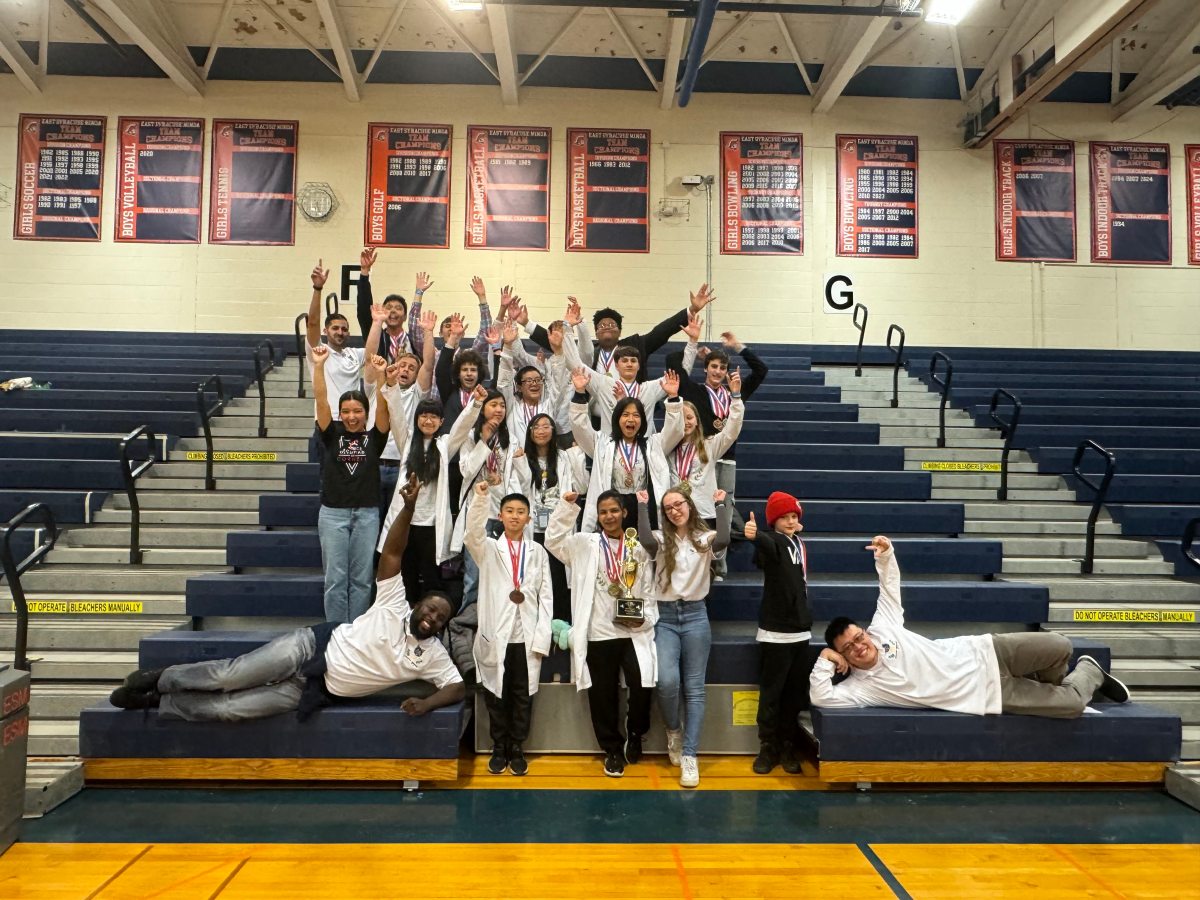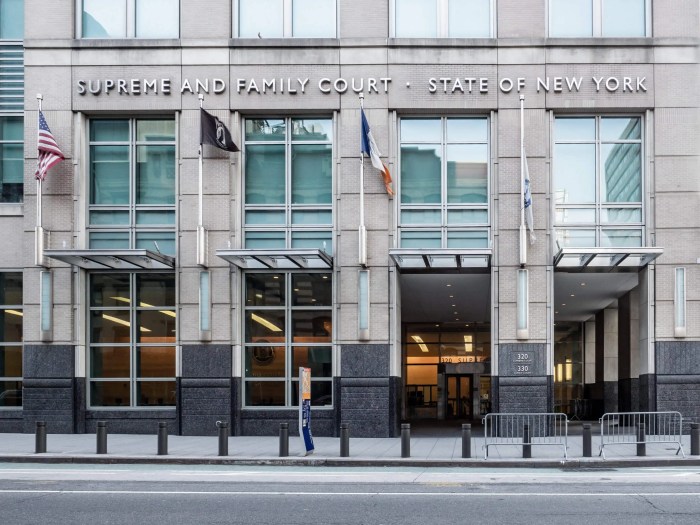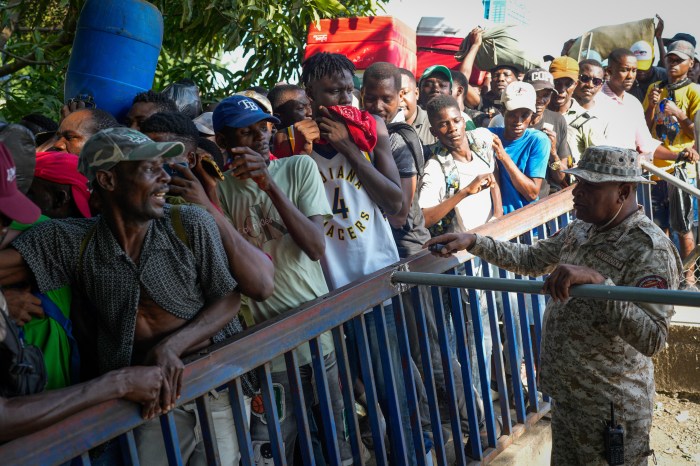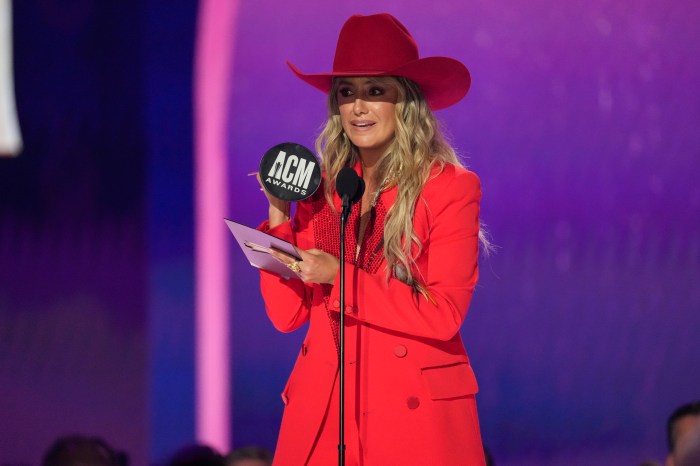The unexpected continues to rear its head in the race to succeed Rep. Vito Fossella.
With petitions filed on July 10, there now are two Democratic candidates and two Republican candidates vying for Fossella’s seat, once securely in the grasp of the GOP and now viewed by the Congressional Quarterly, which handicaps House races, as “Democrat favored.” Also, there are Independence and Conservative Party candidates, opening the door to a four-way race come November.
The Republican primary is likely to pit former Assemblymember Robert Straniere against Dr. Jamshad Wyne, finance chair of the Staten Island Republicans.
On the other side of the aisle, the likely Democratic nominee is City Councilmember Michael McMahon, who jumped into the race after Fossella announced that he would not seek re-election. However, to go for the gold, McMahon must first defeat in a primary Stephen Harrison, a Bay Ridge attorney who garnered 43 percent of the vote in his 2006 race against Fossella,
Three months ago, the concept of either a Republican or a Democratic primary for the post would have been unimaginable, as the Republican Fossella – who was elected to represent the 13th Congressional District in 1996 – was riding a wave of popularity, sitting on a capacious war chest and presenting an almost insurmountable target for potential Democratic opponents, many of whom shied away from a race in which they might be seen as sacrificial lambs.
It all changed on the night of May 1st, when Fossella was nabbed in Virginia and charged with driving under the influence. Just a few weeks later, he admitted having a second family in that state, unraveling his political career and opening the door to a political contest that, had it been the subject of a novel, would have been decried as unrealistic.
Subsequently, the Republicans picked as their standard bearer retired executive and MTA board member Frank Powers, who died of a heart attack in June.
Powers’ death unleashed a new string of potential candidacies. Straniere entered the race just 10 days before petitions were due, and filed approximately 2,500 signatures. A total of 1,250 valid signatures is needed to qualify for the GOP primary.
Wyne, who had begun petitioning to force a primary against Powers, filed over 3,000 signatures. While he had expressed hope that he would now get the Staten Island GOP nod, Straniere got the endorsement of Staten Island Republicans Monday night, when the committee on vacancies voted to back him, transferring to him the 2,000 petition signatures collected for Powers. The Brooklyn GOP has also aligned itself behind Straniere.
In itself, that was a bit of a watershed, given reported resistance to Straniere’s candidacy by Island GOP honcho Guy Molinari. Indeed, the strained relationship between Straniere and the GOP had actually led to the party primarying him four years back, with the result that he lost his assembly seat.
In the meantime, efforts by two party outsiders to run as Republicans failed. While both Carmine Morano, the Independence Party candidate and Paul Atanasio, the likely Conservative Party nominee, filed more than the minimum number of signatures to snag a spot on the Republican primary ballot, neither Atanasio nor Morano got authorization from the Republican Party – known as a Wilson-Pakula – to run in that party’s primary.
Anthony Xanthakis, the vice chair of the Staten Island GOP and a member of the committee on vacancies, said that the committee had gone with Straniere because of his, “Political experience and name recognition. We felt he’d be a better candidate to take on Mike McMahon. Bob is excited about running and taking on a tough race.”
As to reported resistance to Straniere’s candidacy, he said, “Anyone who wanted a different outcome could have run themselves or put up another candidate. That didn’t happen. No one who is complaining right now gave us a candidate or chose to run.”
As for Straniere, he said he was “thrilled” to have the party backing. “I’m confident that I’ll be able to keep the seat Republican,” he opined. “It’s absolutely essential for the city of New York to have a congressman who can work with President McCain.”
Straniere promised regular visits to Brooklyn. “I’m enthusiastic to get to know the Brooklyn neighborhoods better. I plan to spend part of every day in Brooklyn, talking to people,” he said.
He also said he expected party unity. “If Hillary and Obama can get together and hug, we Republicans can certainly work together to keep the seat,” he contended. “That’s what I intend to do.”
With McMahon’s entry into the race, the Democratic dynamic has also shifted. Harrison – who appeared to have a lock on the Democratic nomination prior to Fossella’s fall — filed 3,966 signatures, far fewer than the approximately 9,000 signatures filed by McMahon, who has Staten Island party backing and the support of many Brooklyn Dems, including county leader Assemblymember Vito Lopez.
In an interview, Harrison positioned himself as the “grass roots candidate,” a David facing the Goliath represented by McMahon, who, he said, “Has the machine on both sides of the bridge.” McMahon’s tremendous advantage in funding, Harrison contended, will not necessarily translate into victory. “If money could vote, he’d win,” he remarked. “But, the people who vote in the primary are the ones who pay attention to issues.”
















